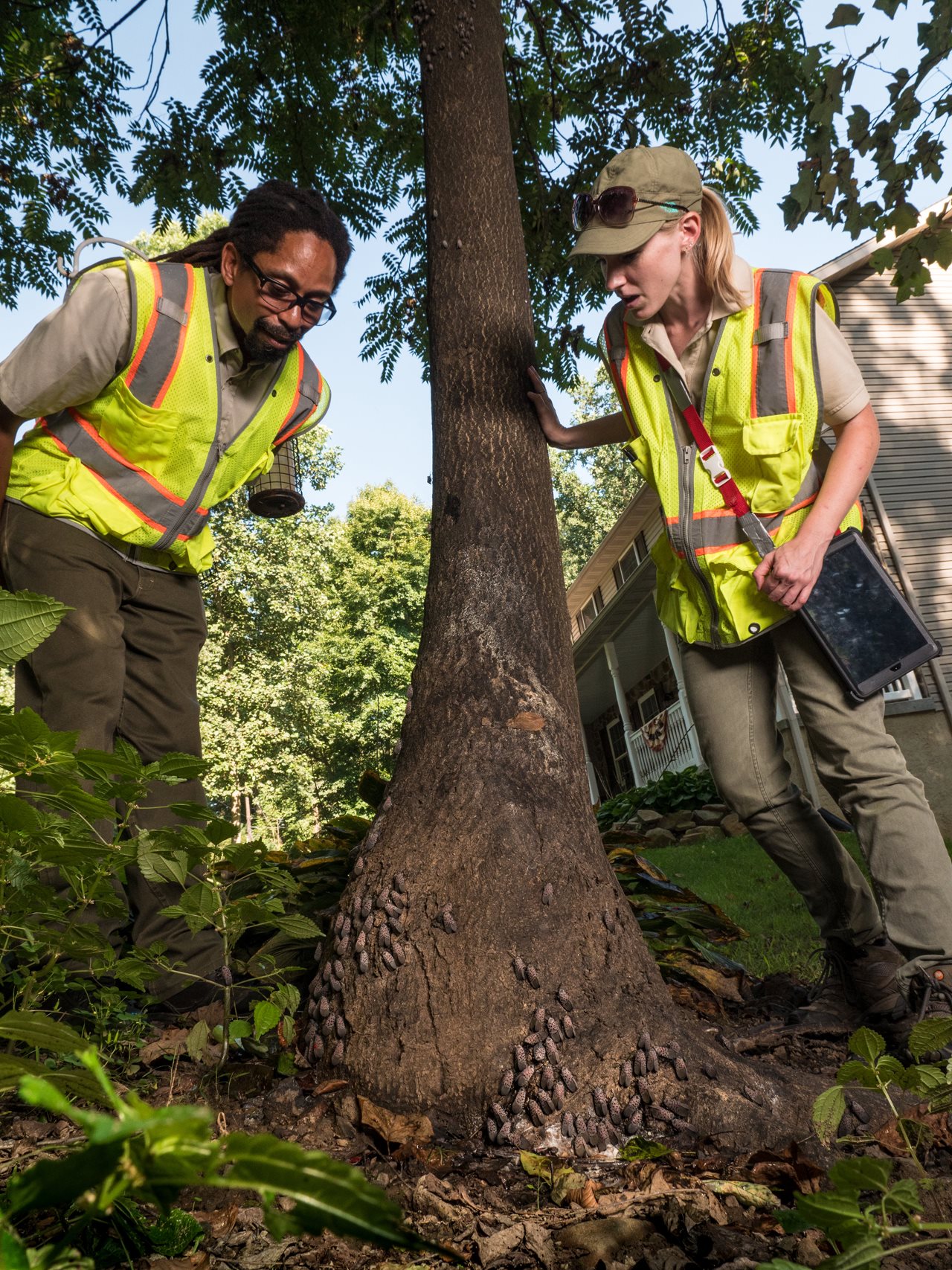
(BPT) - For many of us, warmer weather means more time outside. It's also the time invasive species, known as 'Hungry Pests,' emerge and attack the trees and crops we depend on. These invasive insects and plant diseases cost our nation about $40 billion each year. If left unchecked, they can devastate agricultural industries, causing job losses, crop scarcity and increased food prices.
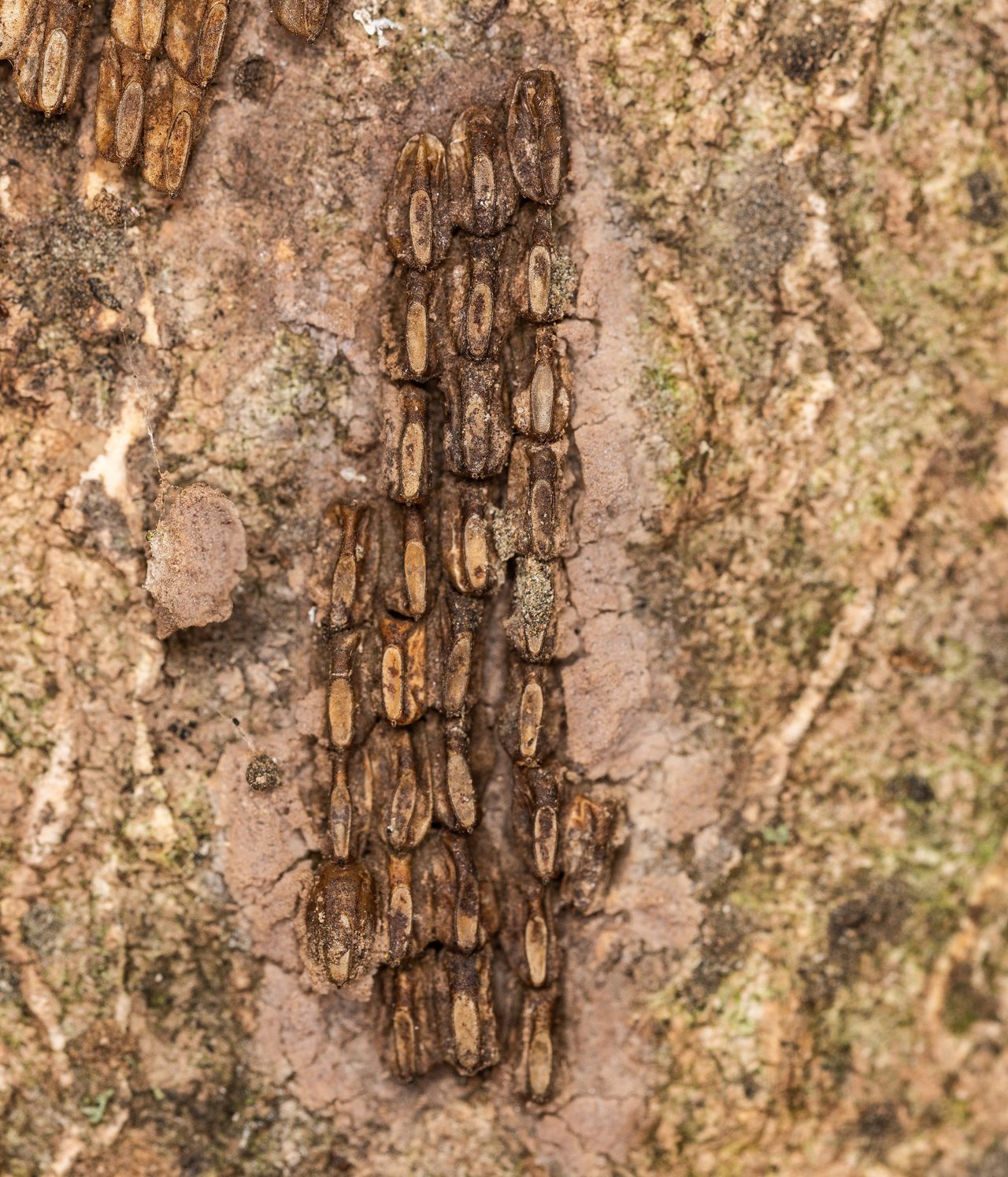
Invasive pests are natural hitchhikers. People can unknowingly spread them on items they move, like cars, camping gear and outdoor furniture - or in or on fruit, vegetables, plants and firewood. And while the United States Department of Agriculture's Animal and Plant Health Inspection Service is hard at work protecting our natural resources from invasive pests, they need the public's help to detect new threats early and reduce the spread of hitchhiking pests that are already here.
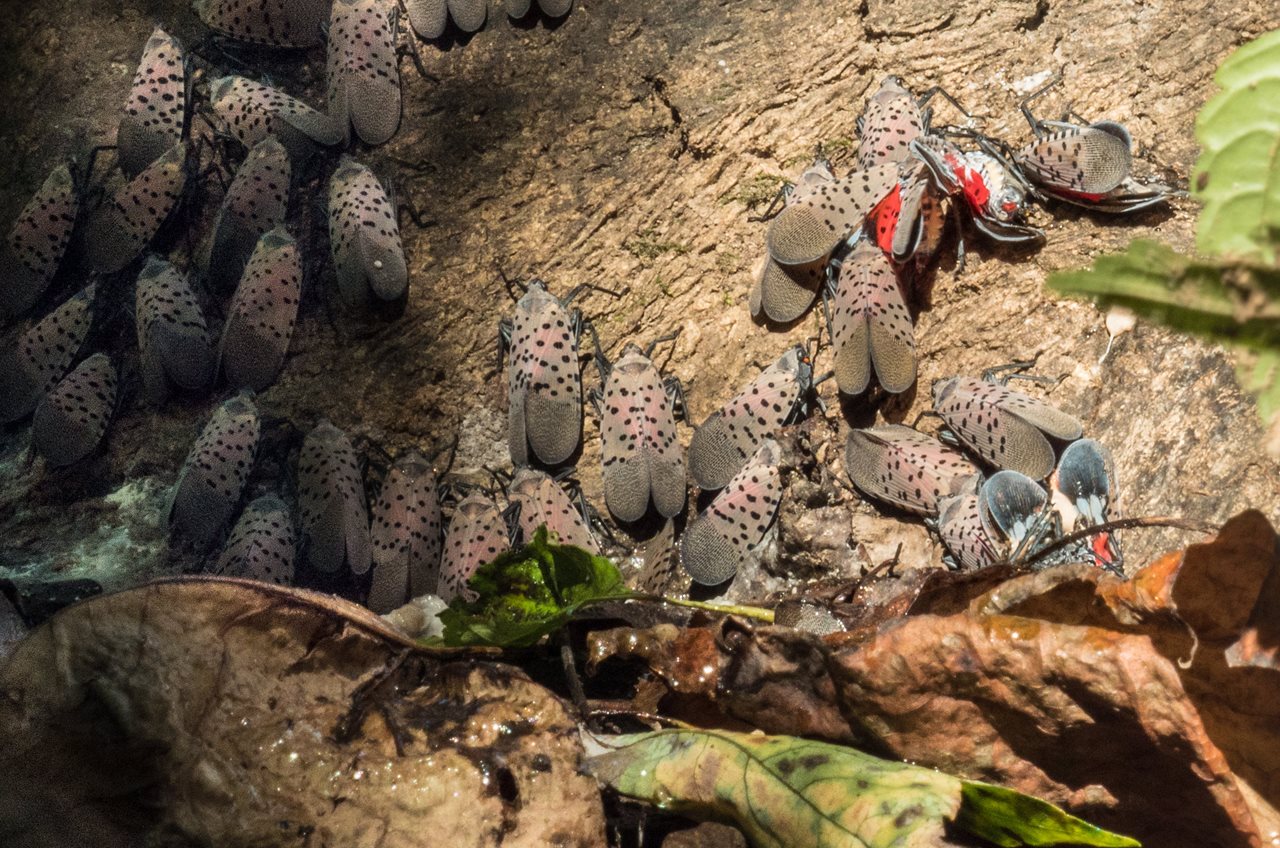
Luckily, many people are already doing their part. According to a 2021 study published in Conservation Science and Practice journal, at least a quarter of all new invasive pests found were initially reported by members of the public, like homeowners, landscapers and gardeners. Early detection helps prevent damaging pests from becoming established and is critical to protecting America's natural resources.
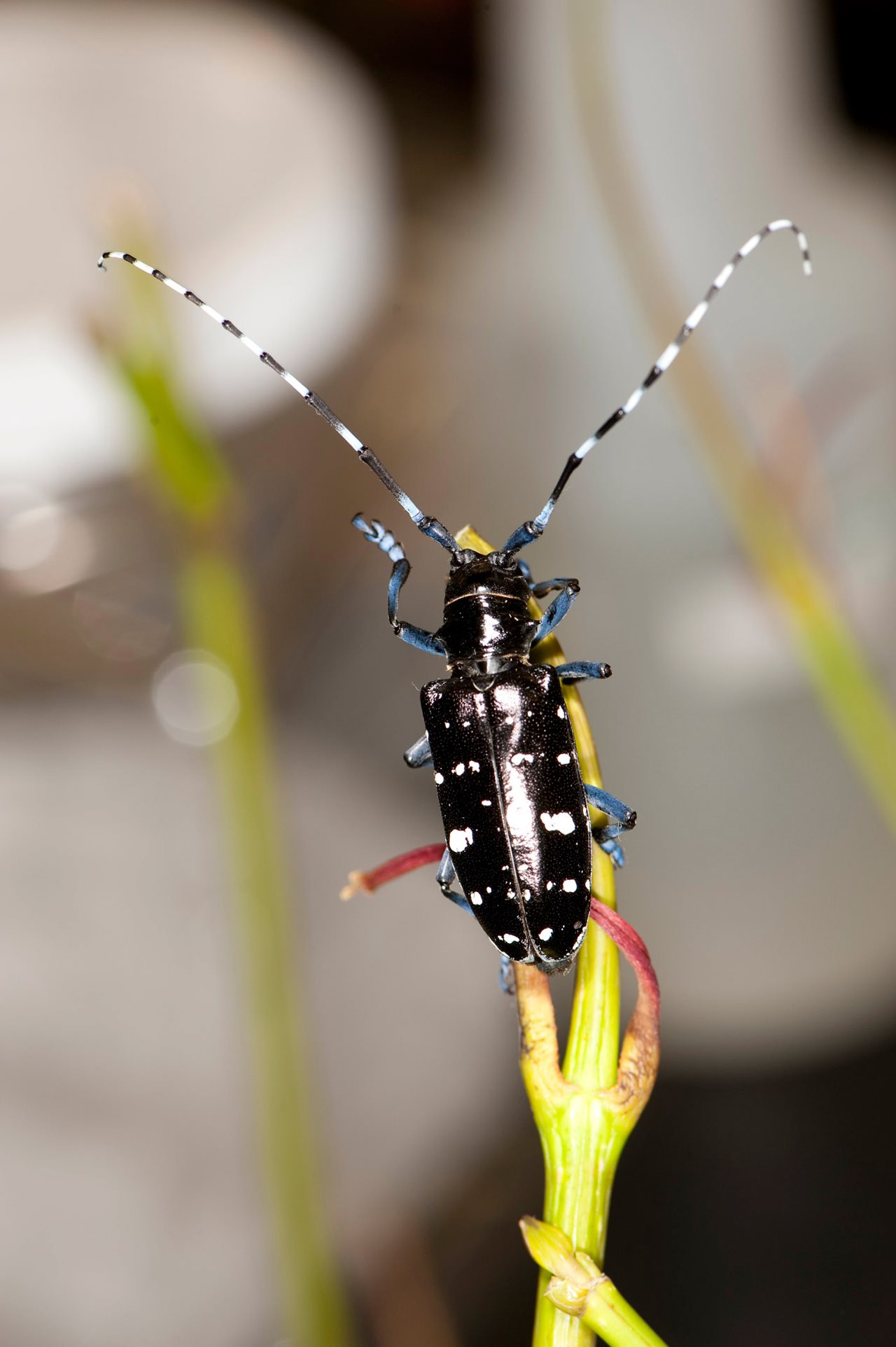
You can make all the difference by knowing the risks in your area. A homeowner in Long Island, New York, reported finding Asian longhorned beetles on her property before regulators detected it. Her early detection saved millions of dollars in eradication costs and protected countless trees in her community.
You too can play a role in slowing the spread of damaging pests. Here are a few simple tips:
- Don't move firewood. Invasive pests can hide in wood. Buy heat-treated firewood or responsibly gather or purchase firewood where you plan to burn it.
- Keep it clean. Check items stored outside for insects and egg masses and remove them before traveling with outdoor items.
- Plant responsibly. Purchase your plants from U.S. sources or learn how to legally import them. Don't assume the item you find online is legal to purchase and ship to your home. If you buy it online, you are responsible for finding out where the plants and seeds are coming from and importing plants and agricultural products from overseas legally.
- Cooperate with quarantines. Visit HungryPests.com and click on the 'Pest Tracker' to learn about federal quarantines that apply to your area. If you live in a quarantine area, don't move regulated items out of the quarantine area.
- Declare agricultural goods. When traveling abroad, declare agricultural products at the border. You could save an orchard or a forest by declaring your fruit and handicrafts at the border.
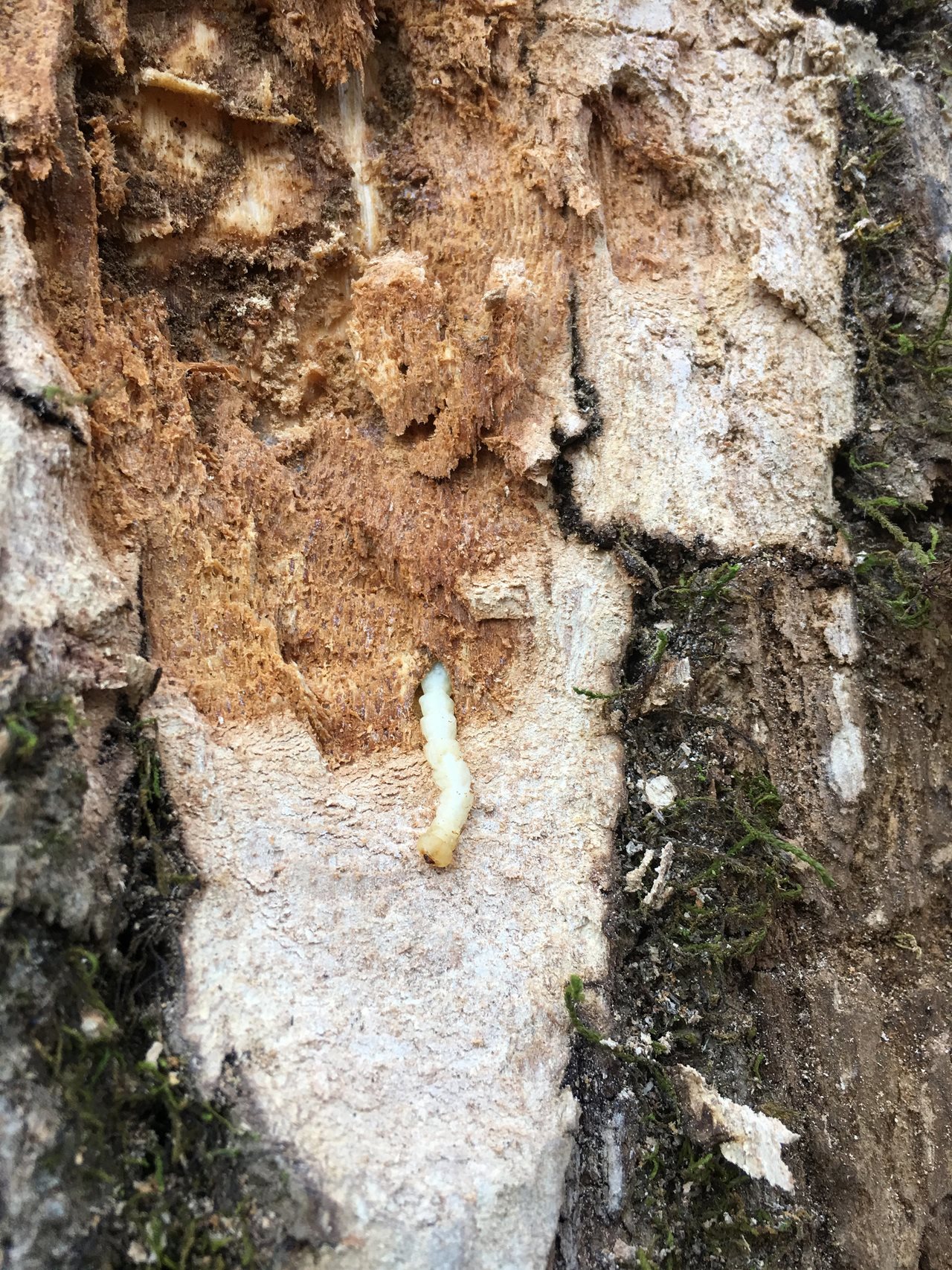
By working together, we can make a difference for our ecosystem and our economy. To learn more about invasive pests and what you can do to reduce their spread, visit HungryPests.com.




